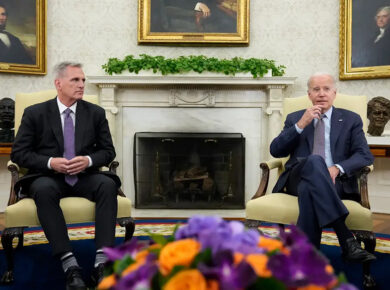In the realm of international music competitions, few events hold as much cultural significance and political weight as the Eurovision Song Contest. For Israel, a nation deeply entrenched in both historical conflicts and vibrant artistic expression, selecting its entry for Eurovision is not just about showcasing musical talent but also navigating complex geopolitical sensitivities. The recent saga surrounding Israel’s submission for the 2022 Eurovision Song Contest provides a compelling case study of the intersection between art, politics, and diplomacy.
The Genesis of ‘October Rain’
Israel’s journey to select its Eurovision entry began against a backdrop of turmoil and tragedy. On October 7, 2021, the nation was rocked by a series of Hamas terror attacks, casting a shadow over the country’s cultural landscape. As Israel grappled with the aftermath of these attacks, its national broadcaster, KAN, faced the daunting task of selecting a song to represent the nation on the international stage.
Enter “October Rain,” the original submission chosen to be Israel’s entry for Eurovision 2022. Penned by talented Israeli songwriters and intended to be performed by 20-year-old singer Eden Golan, the song captured the essence of resilience amid adversity. However, as the selection process unfolded, controversy brewed over the perceived political undertones of the song’s lyrics.
The Political Hot Potato
In February 2022, KAN dropped a bombshell: the European Broadcasting Union (EBU), the governing body of Eurovision, had deemed “October Rain” too political for the competition. The EBU’s decision sent shockwaves through Israel’s music industry and sparked a heated debate over artistic expression versus political sensitivity.
The crux of the controversy lay in the song’s lyrics, which some argued veered into politically charged territory. References to historical events and geopolitical tensions raised concerns that Israel’s Eurovision entry could be interpreted as a statement on the ongoing conflict in the region. Amidst mounting pressure, KAN found itself at a crossroads, torn between defending artistic freedom and adhering to the EBU’s guidelines.
A Change of Tune: From ‘October Rain’ to ‘Hurricane’
Faced with mounting pressure from both domestic and international stakeholders, KAN made a strategic decision: to revise Israel’s Eurovision entry. In a bold move, the broadcaster announced that “October Rain” would undergo a transformation, shedding its politically charged lyrics in favor of a more neutral narrative.
Thus, “Hurricane” was born—a reimagined version of the original song, retaining its captivating melody while stripping away the contentious elements. With a renewed focus on personal themes and universal experiences, “Hurricane” aimed to transcend geopolitical divides and resonate with audiences worldwide.
Navigating Diplomatic Waters
For Israel, Eurovision is more than just a musical competition; it’s a diplomatic tightrope walk, balancing national pride with global perceptions. Against the backdrop of ongoing tensions in the Middle East, every artistic decision carries political ramifications, and Israel’s Eurovision entry is no exception.
The controversy surrounding “October Rain” underscores the delicate dance between artistic expression and diplomatic sensitivity. As Israel strives to assert its cultural identity on the world stage, it must navigate the treacherous waters of international politics, mindful of the broader implications of its artistic choices.
Eurovision: A Platform for Unity and Diversity
Despite the challenges and controversies, Eurovision remains a beacon of hope and unity, bringing together nations and cultures in celebration of music and diversity. For Israel, Eurovision represents an opportunity to showcase its rich cultural heritage and vibrant music scene to a global audience.
As the curtain rises on Eurovision 2022, Israel’s entry—whether “October Rain” or “Hurricane”—will take center stage, representing not just a song but a nation’s resilience, creativity, and unwavering spirit. In the end, regardless of the outcome, Israel’s participation in Eurovision serves as a testament to the power of music to transcend borders and build bridges between peoples.










